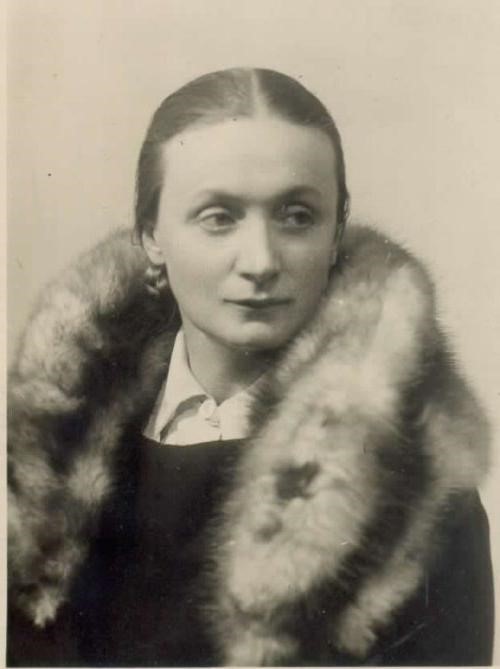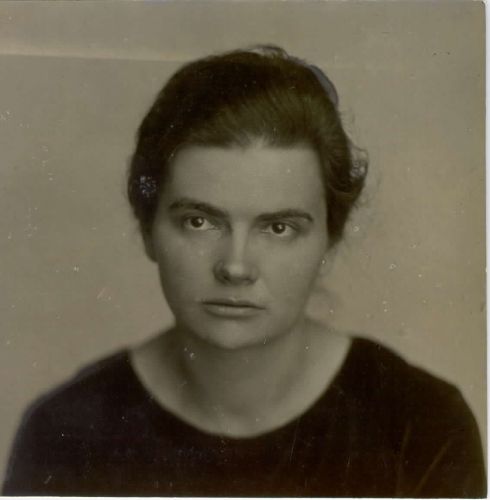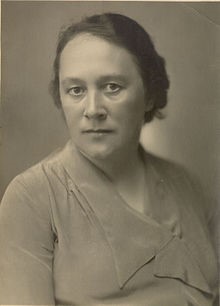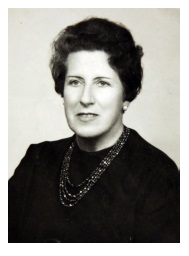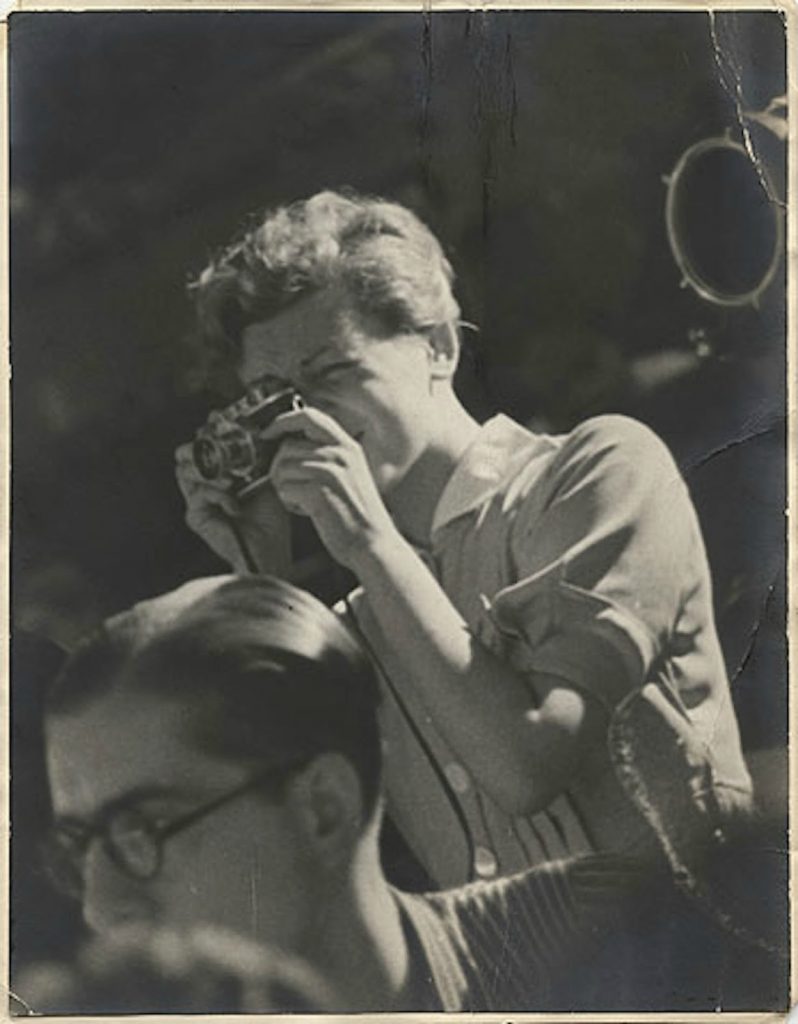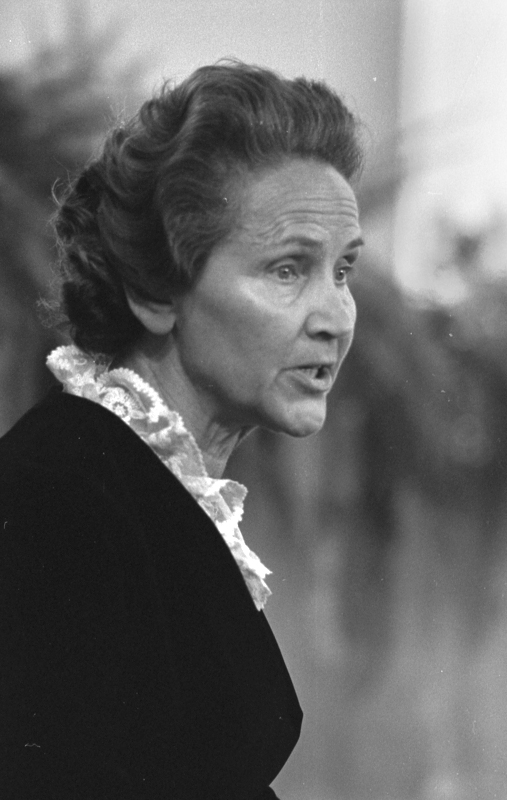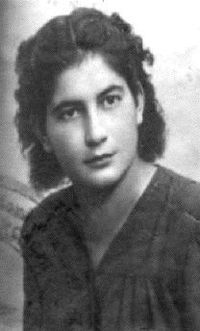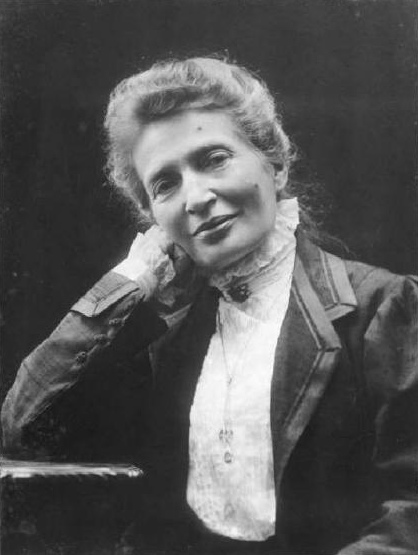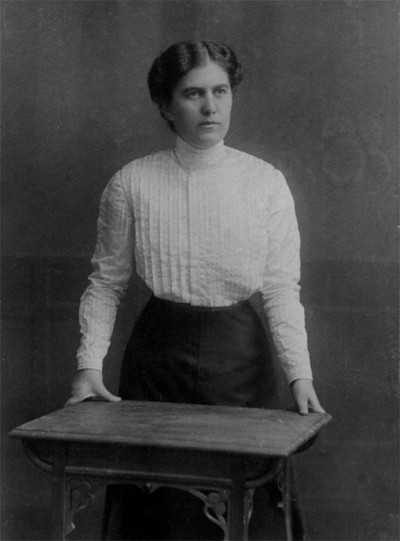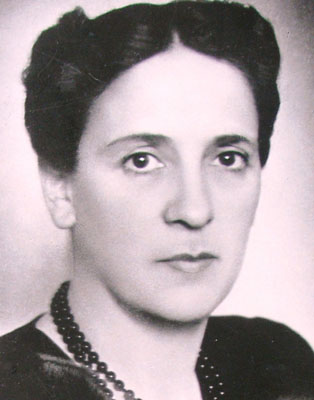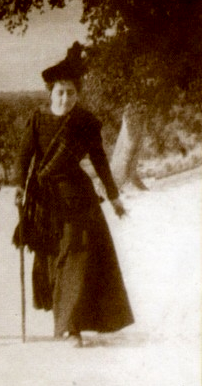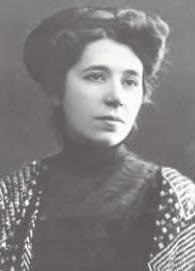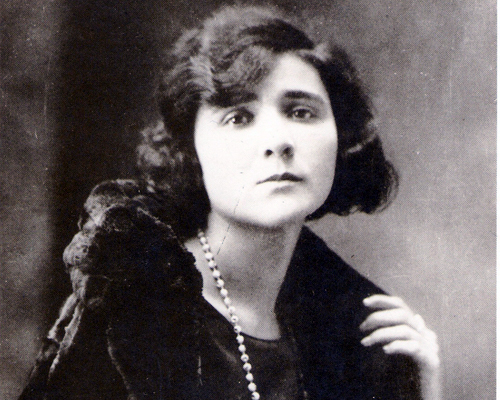
Born in Vila Viçosa on December 8, 1894, from an early age her life was marked by several instabilities, which deeply influenced her literary work. Her life, of only 36 years, victim of suicide, after the diagnosis of a pulmonary edema, was tumultuous, restless and full of intimate sufferings, which the author knew how to transform into poetry of the highest quality, loaded with eroticization and femininity.
In 1919, and among more than 300 students, Florbela was one of 14 women to be accepted at the University of Lisbon Law School. However, the first attempts to promote her poetry failed when she was unsuccessful at attracting the attention of literary critics. Florbela Espanca spent a short stay in Guimarães – in November 1923 – while recovering from a relapse, during which she came into contact with some people from the small community.
The perfect and melodious forms of her poetry faithfully portray life in its fullness, with its victories and defeats, joys and disappointments, said without shame or fear and therefore giving voice to a universe silenced at the time by customs and habits.
Irreverent, daring and a dreamer, she opened horizons that contributed to a change in mentalities regarding the role of women in Portuguese society. Her legacy represents a new literary cycle from a female perspective.
In addition, she was one of the first women to enjoy the right to divorce. She didn’t have to keep quiet about men who made her unhappy, didn’t understand her, or physically abused her. Until then, marriage was something sacred and long-lasting, and even when the law was passed, for many years, divorced women were highly disliked by society. But Florbela didn’t care about that, she never cared if they said horrible things about her if it would bring her the possibility of true love.
Considering her poetic value and the way she knew how to defend her ideals, Florbela is an inescapable name in Portuguese culture, and her works were only recognized after her death.

